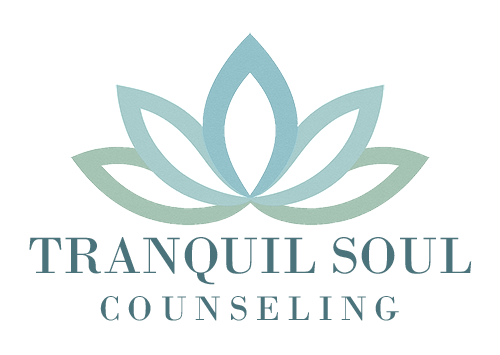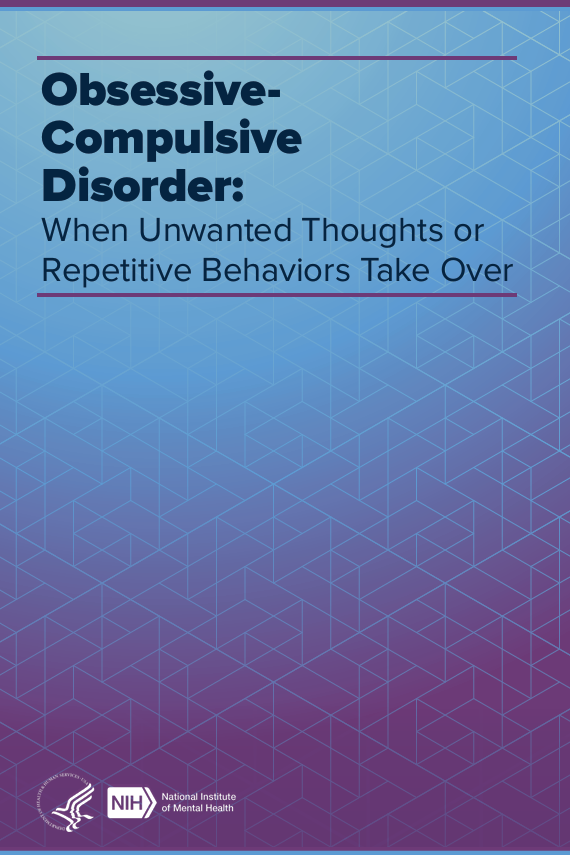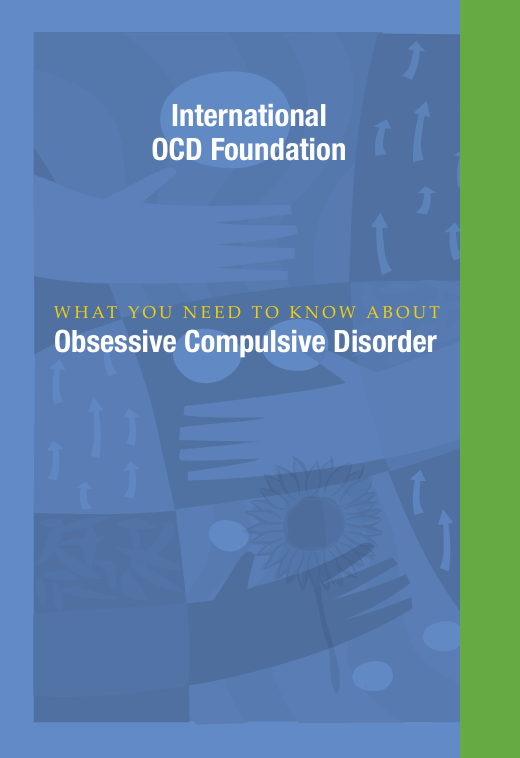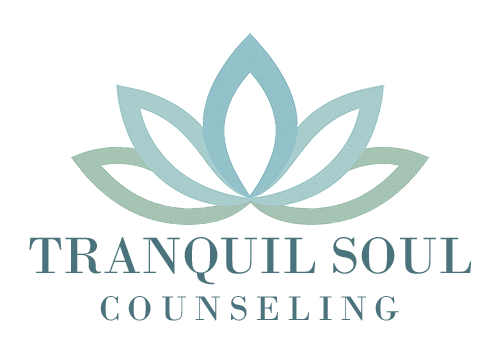Information about Obsessive-Compulsive Disorder including symptoms, treatment, and questions to ask a therapist.
Obsessive-Compulsive Disorder

There is life beyond the loop—therapy can help you reclaim it, one step at a time.
Counseling for OCD
OCD is more than liking things neat or needing routines—it’s a mental health condition marked by intrusive, distressing thoughts (obsessions) and repetitive behaviors or rituals (compulsions) that are difficult to control. These cycles can be exhausting, time-consuming, and disruptive to daily life.
Whether your thoughts revolve around safety, contamination, morality, or perfection, OCD can create a powerful loop of anxiety that feels impossible to break. But it is treatable—and you don’t have to do it alone.
What OCD Can Look Like:
OCD shows up in many forms. It might involve:
-
-
Repetitive checking, cleaning, or counting
-
Intrusive thoughts you can’t “turn off”
-
Feeling you must do certain things “just right” to prevent harm
-
Avoidance of certain places, people, or situations
-
Intense anxiety or shame over your thoughts or behaviors
-
It’s important to know: these patterns are not your fault. They’re symptoms—and with support, they can be managed.

Resources and Support for OCD
OCD Booklet
Information on obsessive-compulsive disorder (OCD) including signs and symptoms, causes, and treatment options such as psychotherapy and medication.
OCD Challenge
OCD Challenge is 100% FREE. Peace of mind Foundation funds the OCD Challenge, making the program completely free to all users around the world.
The OCD Challenge website was designed by leading providers, researchers, and advocates in the field to help improve the lives of those who suffer with OCD.
Through an interactive experience, you can customize the program to tackle your specific Obsessive-Compulsive Disorder symptoms.
Allow the OCD Challenge to help you learn the skills and strategies needed to manage your OCD. Through each step of the program, you will confront your OCD and move toward positive change and a reduction in your symptoms.
OCD Challenge uses the principles of exposure and response prevention therapy (ERP; the treatment of choice for OCD) to help the users confront and challenge their OCD.
OCD Challenge is not therapy and there is not a therapist on the other end of the computer telling you what to do. Instead, OCD Challenge is a program built to interact with the user in a way that is interesting, useful, and moves the user toward change.
OCD Challenge was developed to be used in addition to in-person therapy, as a relapse prevention tool or as a sole-intervention when access to ERP is not possible.

Effective Therapies for OCD Relief
-
Exposure and Response Prevention (ERP): A gold-standard approach that helps you gradually face fears without engaging in compulsions.
-
Cognitive Behavioral Therapy (CBT): Helps reframe unhelpful thinking patterns and reduce anxiety.
-
Acceptance and Commitment Therapy (ACT): Supports you in accepting difficult thoughts without letting them control your actions.
-
Mindfulness-Based Strategies: Build present-moment awareness and reduce compulsive responses.
Therapy is paced at your comfort level and tailored to your specific symptoms and goals.





